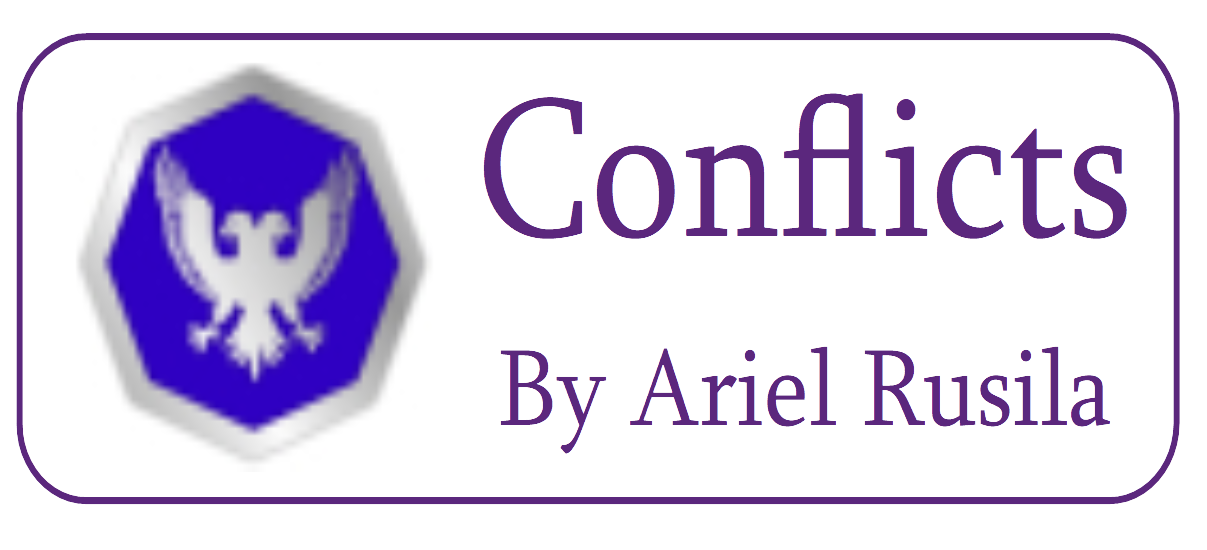I like to make a follow up to my previous (2008 Aug. 25th) article about Transnistria related to it’s statehood elements and economical base which both – from my point of view – have much more better standard than Kosovo;a province which western Powers hurried to recognize – unfortunately.
About requirements for sovereign statehood I have quite optimistic picture. I quote an analysis “The EU in Moldova – Settling conflicts in the neighbourhood” published by the European Union Institute for Security Studies:
The secessionist authorities in Transnistria have managed to build a more or less functioning statelike entity. Transnistria has an organised political leadership, control over a defined territory and seeks international recognition
Economically, Transnistria has survived by trade
By the region’s standards, these factors have created a rather solid basis for the separatist leadership to claim that economically Transnistria is a functioning entity.
Let me compare Transnistria’s economical base of Kosovo – which western Powers recognized some time ago. The export from Transnistria is over 500 m$ when Kosovo’s export is some 70 m$ even when Kosovo has a population four times bigger than Transnistria. Also economical base of Transnistria is much more stronger including is a supplier of ferrous metal, machine-building products, light and food industry, electrical power, specialty construction materials and woodworking products. Transnistria is an important supplier of electrical cabling, winding wire, electric insulating material, explosion-proof engines, power transformers, AC generators, laminates and laminated bakelite insulations, molds for shoe production, and low-voltage electrical devices and pumps.Industrial output is dominated by export from manufacturing enterprises (around 90% between 1997-2002).
<!–[if !supportLineBreakNewLine]–>
Since a reform-oriented program of privatizations begun in 2001-2002, more than 120 large companies have successfully been privatized.
Transnistria is exporting to nearly 100 countries. Italy, Germany and the United States are important export markets, nevertheless, the bulk of the production still goes to the geographically closer CIS countries. Other notable countries for Transnistria’s foreign trade include Switzerland, Romania, Great Britain, Poland, Cyprus and Turkey. Just over forty international joint ventures operate in Pridnestrovie. Partners include companies from Bulgaria, Canada, Hungary, Germany, Ireland, Poland, Russia, and Italy; employing nearly 6,000 people in total.
There is lot of doubts about illicit trade, trafficking and smuggling related to Transnistria but again I think that problems smaller than e.g. in Kosovo where these activities have estimated over 1 bn$ turnover annually. This problem has been taken seriously in EU and “The EU Border Assistance Mission to the Republic of Moldova and Ukraine” was established in response to that. With this mission EU supports for capacity building for border management, including customs, on the whole Moldova-Ukraine border, including the border between Ukraine and the separatist Transnistrian region of the Republic of Moldova, because the Moldovan border authorities are unable to be present there. The mission works in cooperation with FRONTEX and OLAF (EU agencies for border control and organized crime) and reports about this work have been quite encouraging.












Thanks for your two posts on Transdniestria. This is currently much more of a “real country” than Kosovo, Abkhazia or South Ossetia. It has all the features of statehood. The only thing missing is international recognition of that fact…
To those who would say that a country with just 550,000 people is too small, the answer is that there are actually many independent and recognized U.N. member states with populations that are smaller than Transdniestria’s. Around 10% of the world’s countries have fewer inhabitants. Yet they are viable nation states in their own right, despite being tiny.
Size matters but it is not automatically a disqualifier.
The talk about illicit trade from Transdniestria is just that: Talk. Nothing has ever been proven (unlike Kosovo where a lot has long been common knowledge and extensively documented).
Transdniestria already has a relatively strong “powerhouse” economy. There is no need for it to engage in illegal activities, especially since that would easily hurt hopes of future support for international recognition among many states.
[…] later piece, “Transnistria follow-up,” compares the export sector of the economy of Transdniestria with that of […]
It might surprise you to find out that the world is not all black and white, and that generally during a war both sides will commit crimes.
The war in Georgia is no exception and to counter your one sided view of things, please read this report by Human Rights Watch, which states that Ossetians (under the protection of Russia) are ethnically cleansing South Ossetia of Georgians: http://www.hrw.org/english/docs/2008/08/28/georgi19712.htm
Which incidentally is also what happened in Abkhazia in the early 90s. But hardly anyone in the west knows about this, I wonder why the media in Europe hardly ever talks about it?